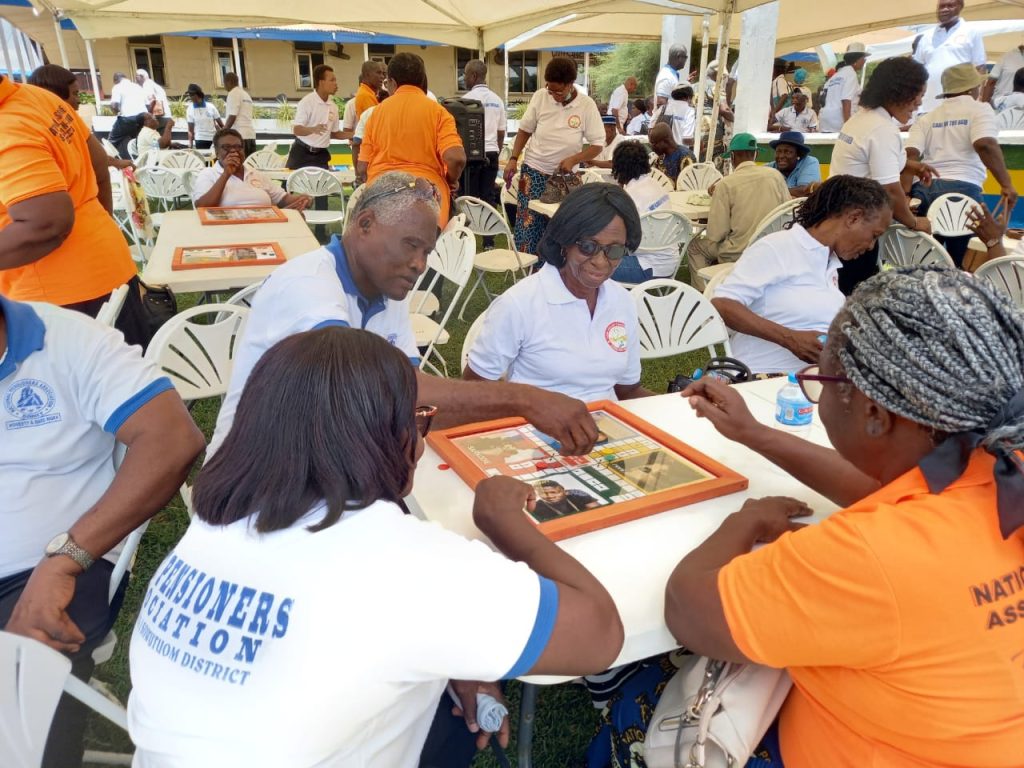By Emelia Nkrumah
Accra, Oct. 2, GNA – Dr. Edward Danso, Chief Executive Officer (CEO) of COMi Relief Foundation (CRF) has urged the aged to be mindful of their diet to improve their well-being and healthcare.
He said one of the causes of old age was through diet, adding that the kind of foods at the market were not organic but all “genetically modified foods.”
Speaking at the fun games to mark the World Aged Day in Accra, Dr Danso indicated that most of the elderly people solely depended on medicines which he said was not good for their health.
The games which brought together Pensioner’s Associations from all the regions across in Ghana, was to draw society’s attention to the concerns and worries of the aged which caused health issues and to strengthen society’s commitment to them.
It was also to serve as a cognitive therapeutic exercise for the aged and help them to lower blood pressure.
Dr Danso called on the government to implement policies that had been set up to care for the aged in the society, and appealed to parents, civil society, government, and family members to love and take care of their children, since they would play a vital role in their lives when they were old.
Dr Danso, therefore, urged the aged associations to institutionalize fun game competitions in their meeting days or set a day aside for the aged to have fun, adding that it would improve their well-being.
Mr. Felix Logan, Focal person for the Aged at the Ministry of Gender also outlined some policies that the government was putting in place to care for the aged in the society.
He said there was the need to “love and understand the aged, care for them and draw them closer to us.”

COMi Relief Foundation is a faith-based non-profit organisation which seeks to provide high-quality healthcare and supportive services to enhance the well-being of the frail seniors in Ghana.
By offering a wide variety of residential living options – (Day Care), home and community-based services, CRF embraces and engages more seniors of all faiths and financial needs in and around 32 centres throughout Accra and stretching to other regions of Ghana.
GNA